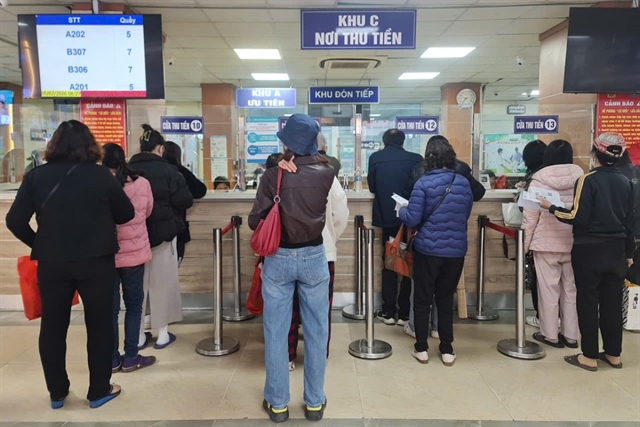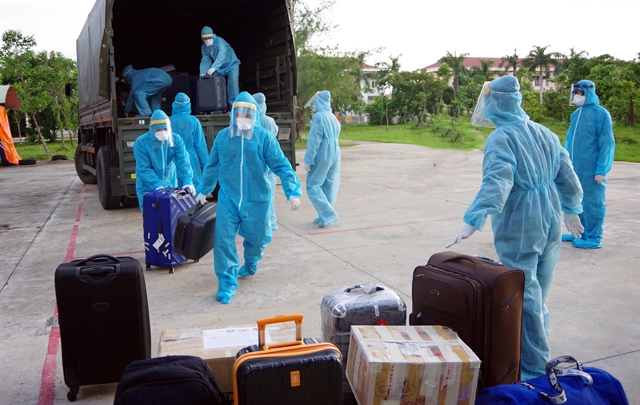 Society
Society

The assessment came as the country reports new clusters of COVID-19 community transmission with no currently known source of infection on Thursday after nearly two months of no local cases, but health authorities have been responding swiftly.

|
| Vietnamese citizens repatriated from Singapore are sent to a centralised quarantine facility in Sóc Trăng Province in August 2020. — VNA/VNS Photo Trung Hiếu |
SYDNEY — Việt Nam is among top countries and territories that proved the most successful at containing the pandemic, according to a report unveiled recently by the Lowy Institute, an independent think-tank in Australia.
Researchers at the think-tank collected data from various countries and territories to create an interactive to gauge the relative performance at different points in the pandemic. Figures were calculated for the following indicators of confirmed cases, rates of death and testing.
New Zealand topped the rankings, followed by Việt Nam, Taiwan (China) and Thailand.
Việt Nam has managed to keep its infections and deaths low, through border closures, localised lockdowns, targeted testing, and mandatory quarantine protocols – which allowed the country to be among the few to actually post positive economic growth in 2020.
The assessment came as the country reports new clusters of COVID-19 community transmission with no currently known source of infection on Thursday after nearly two months of no local cases, but health authorities have been responding swiftly. The head of National Steering Committee for COVID-19 Prevention and Control, Deputy Prime Minister Vũ Đức Đam, expects to contain the latest outbreaks within 10 days, with the year’s most important holiday, Tết (Lunar New Year), just two weeks away.
On the other hand, developed nations like the US, the UK and France and countries with a larger population were classified as worst-performing. The UK came in at 94th place among almost 100 surveyed countries and territories while Indonesia and India ranked 85th and 86th, respectively.
The report pointed out that smaller countries (with populations of fewer than 10 million people) proved more agile than the majority of their larger counterparts in handling the health emergency for most of 2020. Cyprus, Rwanda, Iceland and Latvia were all in the top 10.
“In general, countries with smaller populations, cohesive societies, and capable institutions have a comparative advantage in dealing with a global crisis such as a pandemic,” according to the report.
The relatively ‘low-tech’ nature of the health measures used to mitigate the spread of the virus to date, including large-scale lockdowns, may have created a more level playing field between developed and developing countries in the management of COVID-19.
Despite this, the uneven deployment of the first vaccines against COVID-19 could give richer countries a decisive upper hand in crisis recovery efforts, and leave poorer countries fighting against the pandemic for longer, it warned. — VNS